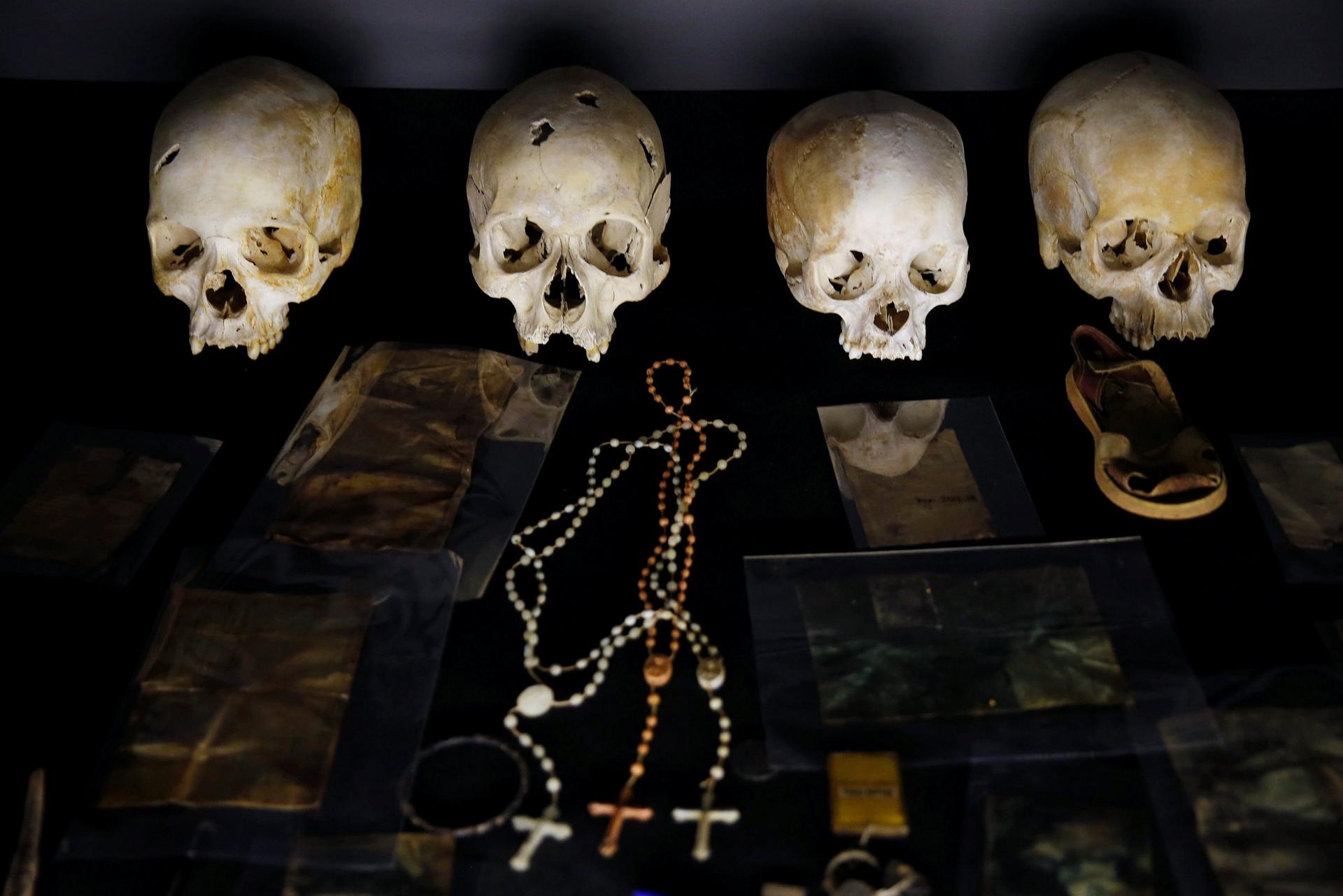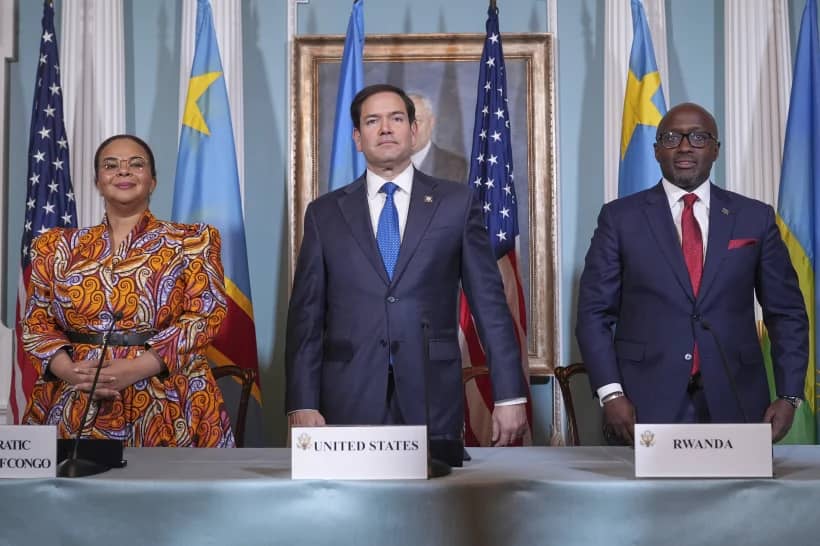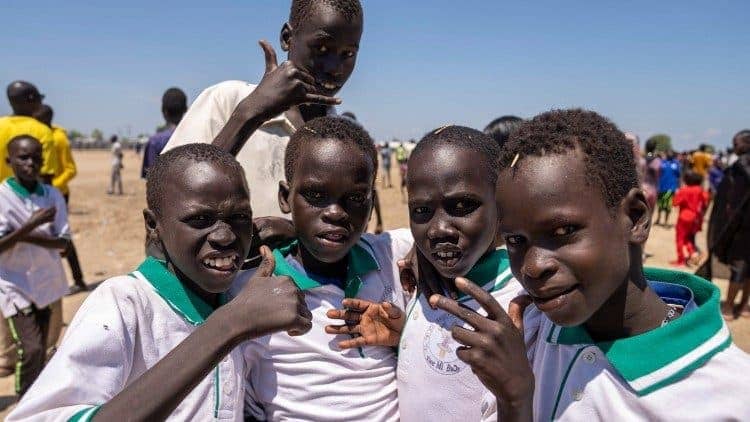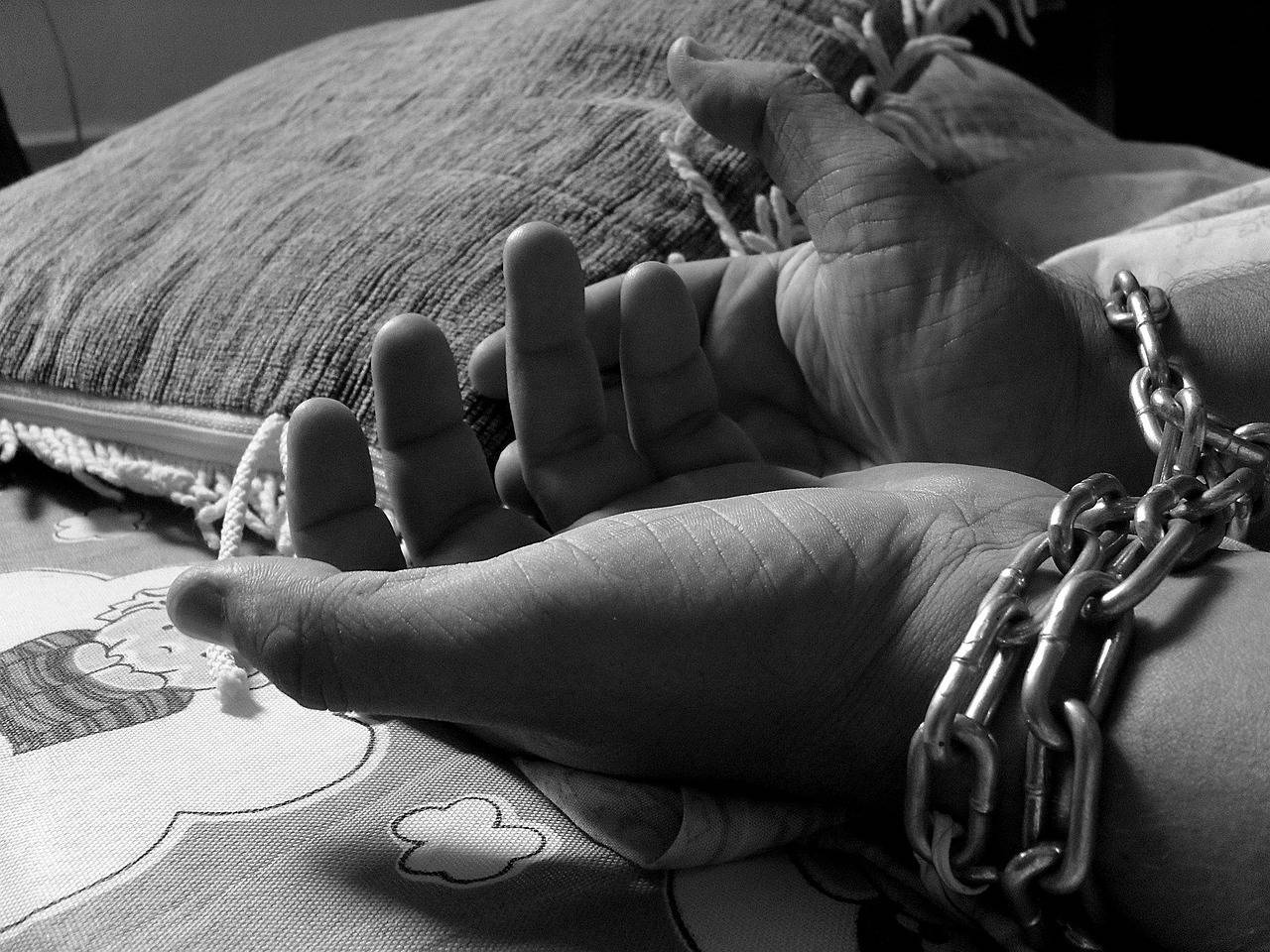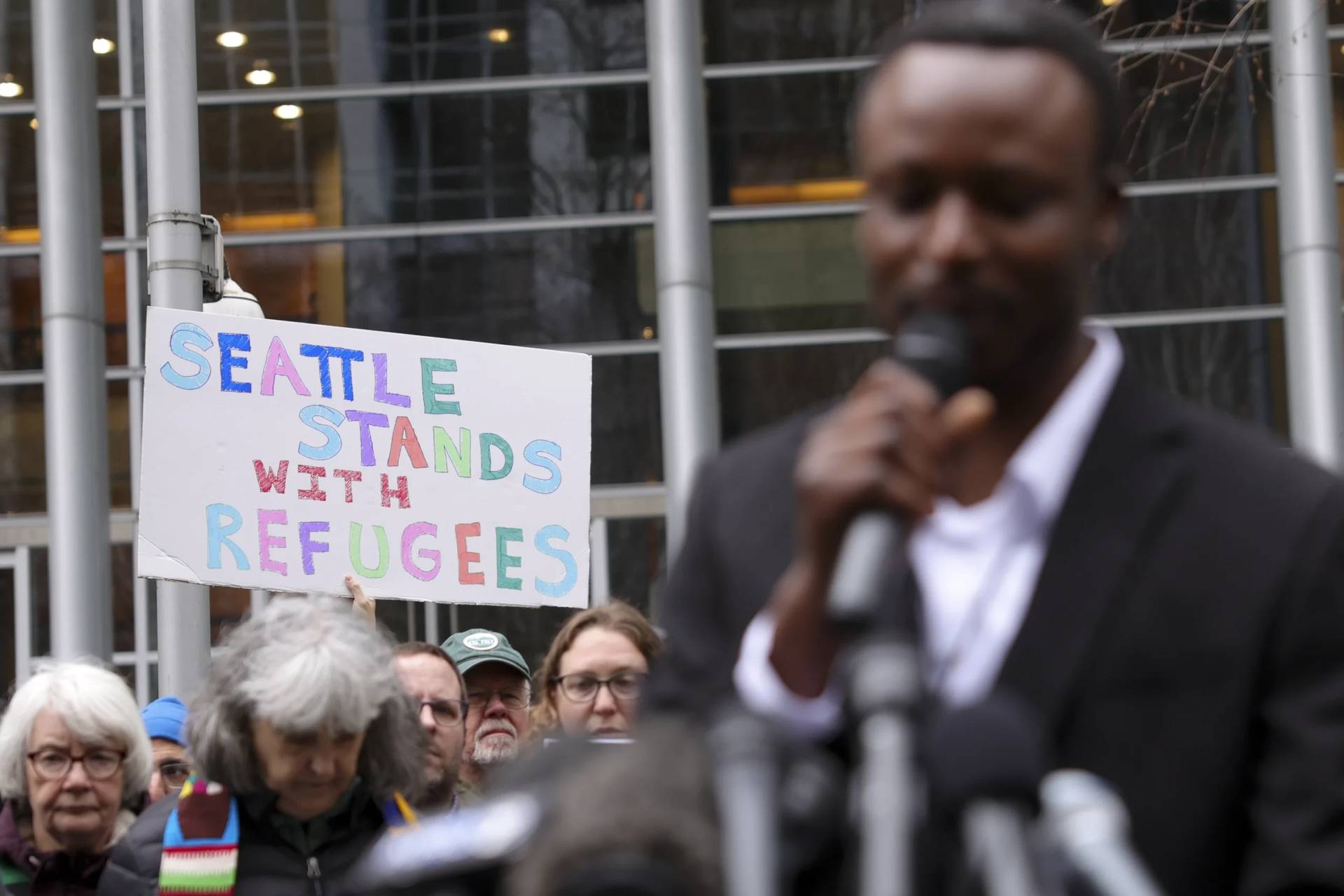YAOUNDÉ, Cameroon – A quarter century after the 1994 genocide that killed hundreds of thousands of people, Rwanda is still struggling to return to normal.
“In the aftermath of the genocide, the trauma resulting from the extreme violence suffered or witnessed by the survivors was overwhelming. 26 years on, although the country has gone visible transformation and significant progress has been achieved in terms of rebuilding the economy, governance structures and reconciliation between social groups previously in conflict, residual trauma and its impact remain present in the society,” said Birke Herzbruch, Trócaire’s regional director for West, East and Southern Africa.
Trócaire, the development agency for the Irish Catholic bishops, started working in Rwanda in the immediate aftermath of the genocide, and is now one of the leading aid groups working in the country.
What follows are excerpts of Herzbruch’s interview with Crux.
Crux: Trócaire started working in Rwanda in 1994, during the genocide. 26 years after, how has the genocide affected the people in the country?
Herzbruch: Trócaire started to work in Rwanda just after the Genocide against the Tutsi in 1994. The program was then a humanitarian emergency response focusing on needs of displaced people in the area of health, shelter, and food and non-food assistance. In 1996, a trauma healing program was initiated to train the first trauma counsels who were placed in health centers, schools and different institutions as well as NGOs who were providing services to genocide survivors.
In the aftermath of the genocide, the trauma resulting from the extreme violence suffered or witnessed by the survivors was overwhelming. 26 years on, although the country has gone visible transformation and significant progress has been achieved in terms of rebuilding the economy, governance structures and reconciliation between social groups previously in conflict, residual trauma and its impact remain present in the society.
In a research conducted in 2018 by the Rwanda Biomedical Centre (RBC) published in 2019, it was found that the prevalence of post traumatic disorders and other forms of mental health disorders remains high among the general population, and especially among the genocide survivors. Major depressive episode was found to be the most prevalent disorder among genocide survivors at 35 percent followed by post-traumatic stress disorder at 28 percent and panic disorder at 27 percent. Obsessive-compulsive disorder also has a considerable prevalence of 11.6 percent followed by major depressive disorder with psychotic features with 7.1 percent, psychotic disorder with 6 percent and social phobia with 5 percent percent.
In addition, apart from people who experience trauma following traumatic events, there is evidence of prevalence of post-traumatic stress disorder (PSTD) among young people born after the genocide. In their article by Celestin Mutuyimana, et. al., PSTD average rate 43.8 percent among mothers’ groups, whereas it was 16.5 percent among their offspring.
Trauma remains a challenge in Rwandan and will continue to be present in the future. Trócaire Rwanda has worked with the Rwanda Association of Trauma Counsellors (ARCT Ruhuka) and other partners such as the Catholic Church Justice and Peace Commission (CDJP) at national and diocesan level e.g. through CDJP Gikongoro to contribute to ongoing efforts to address trauma and some of associated impact on individual and social behaviors, especially violence and conflict.
Trócaire says it is working to restore dignity to Rwandan women. What exactly are you doing?
Trócaire aims to address poverty and inequality by supporting the empowerment journey of women to have the resources, skills, knowledge and confidence in order to live a life of dignity and secure their basic rights. Specifically supporting women’s empowerment is a priority area for Trócaire, as we understand that gender inequality is a fundamental driver of poverty and exclusion. In line with the UN Sustainable Development Goals (SDGs) particularly SDG 5 on Gender Equality, Trócaire understands that targeting women is not only a key development imperative but a necessity.
Trócaire Rwanda restores dignity to women through supporting them in the following areas:
— Equitable Access to and Use of Natural Resources: women and woman headed households are supported to increase food security and resilience livelihoods through providing emergency support to protect assets and save lives in case of crop failure and also supporting women’s initiatives in livelihood alternative opportunities, especially access to markets for agricultural produce, off farm income generating activities, use of informal and formal saving and loan facilities, provision of livestock as a means of empowerment and raising women’s social status.
— Participation in decision-making: building women’s confidence and self-esteem, awareness on women’s rights to allow them to exercise greater control over decisions that affect their lives, especially participating in joint decision making at household level and in the community.
— Prevention of Gender-Based Violence: Building women’s capacity and community capacity in general in order to take actions for GBV prevention and response.
— Supporting youth through vocational training: Noting the importance of employment creation and empowerment of young people particularly young women, Trócaire supports them to be part of vocational training and to get start-up kits for small business so that they can improve their wellbeing.
It may be noted that Trócaire use different strategies / approaches that allow women to have self-resilience for the sake of increasing their self-confidence and esteem such as:
— Women’s only spaces: Being aware that women’s only safe spaces are necessary, Trócaire supports its creation and management with the purpose of providing a platform for women to discuss issues that affect them and support each other to be free from GBV and to have self-esteem to engage in leadership and decision making.
— Voluntary Saving and Lending (VSL) methodology: which allows women to be economically and socially empowered through saving and running business given that empowering women economically can be a powerful driver towards greater equality and opportunity in other spheres of life.
— Gender Action Learning System (GALS) methodology: that aims to give women and men more control over their lives as the basis for individual and household development.
— Psychosocial Support and Legal Aid: related to GBV for women is also used.
— Changing gender norms to increase gender equality and reduce GBV.
— Dignity kit Provision to respond to protection risks.
You also work with refugees located in Rwanda. What is the situation of Burundian refugees in Rwanda today?
As of July 31, 2020, Rwanda hosted 71,973 Burundian refugees the majority of whom – over 60,000 lived in Mahatma Camp in eastern Rwanda – the largest refugee camp in the country.
Trócaire in collaboration with Caritas Rwanda supported the most vulnerable amongst the refugees, especially the elderly, people with chronic diseases, people with disabilities to meet their nutrition needs, and single mothers to build self-reliance through saving and loan groups and small income generation initiatives. Over 20,000 people benefited from the support.
From 2015 until March 2020, when Rwanda closed its borders due to the COVID-19 pandemic, 5,922 refugees had already voluntarily gone back to Burundi.
On Thursday August, 27, 2020, the Government of Rwanda in collaboration with UNHCR and the Government of Burundi facilitated a group of 493 Burundian refugees to voluntarily return home. By that time, UNHCR in Rwanda had registered 1,800 refugees who expressed their wish to return home voluntarily. According to UNHCR estimates, 5000 refugees are expected to return by the end of 2020 and an estimated US1.4 million will be required to assist in the operation.
While some feel it is time to go home after five years and following the coming in power of a new administration, there are still those who feel it is not yet safe for them to go back.
How do you feel when refugees do choose to go home?
As per the standards of international conventions related to refugee management, the repatriation of refugees is based on a principle of voluntarism and should only be dependent on a free decision by the refugees themselves without any interference. Trócaire notes with satisfaction that the repatriation process which has started respects this principle. This is a positive development towards the resolution of the Burundian refugee crisis, and if the situation in their home country continues to stabilize we hope that more will opt to return and to rebuild their lives, and this will greatly contribute to peace and stability in the region at large.
